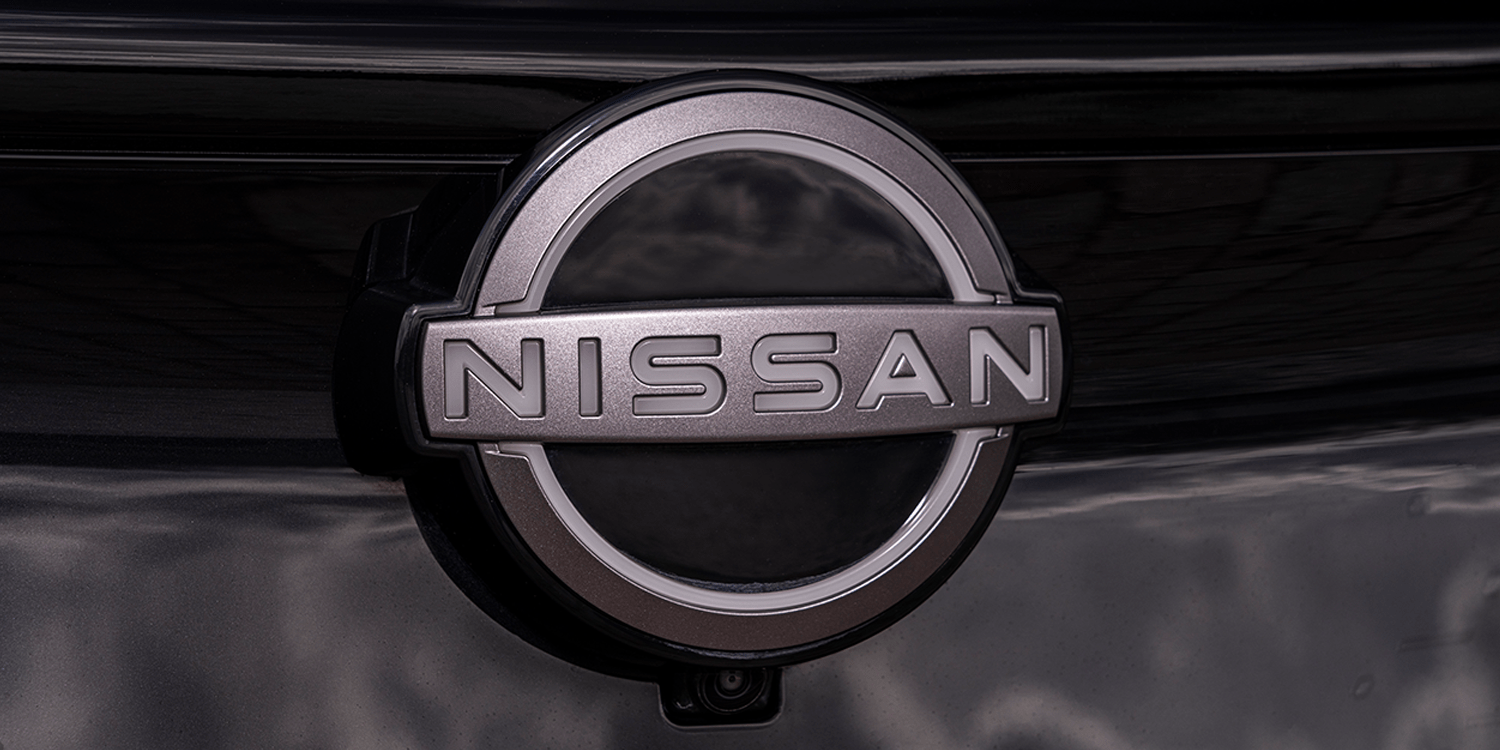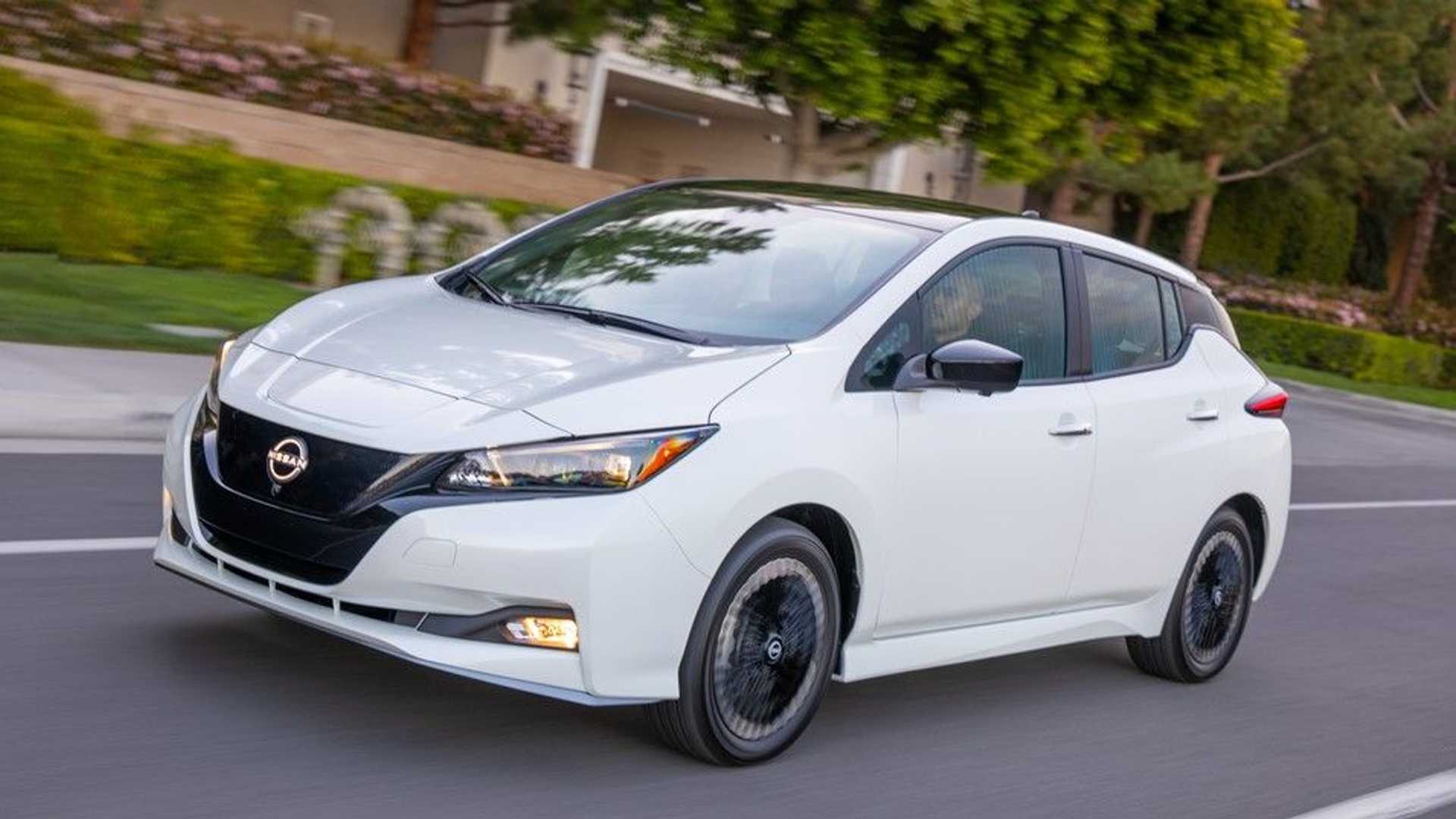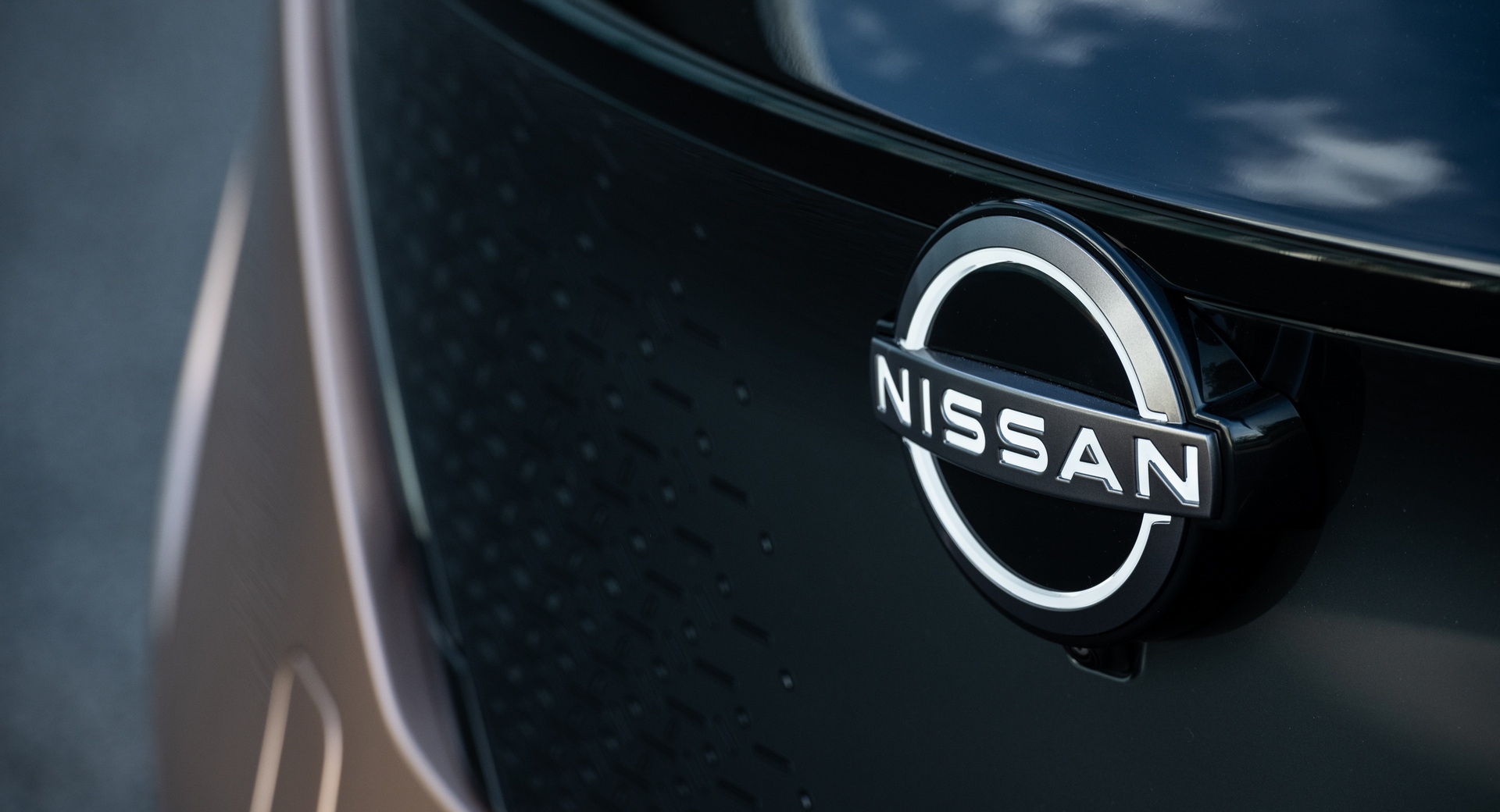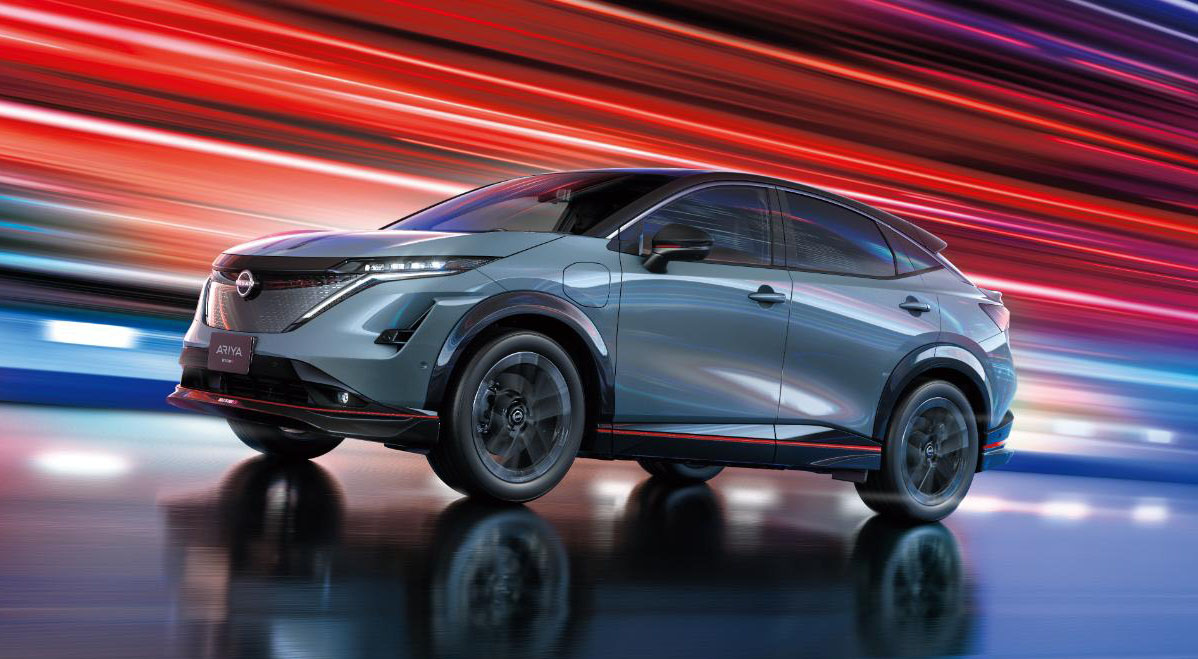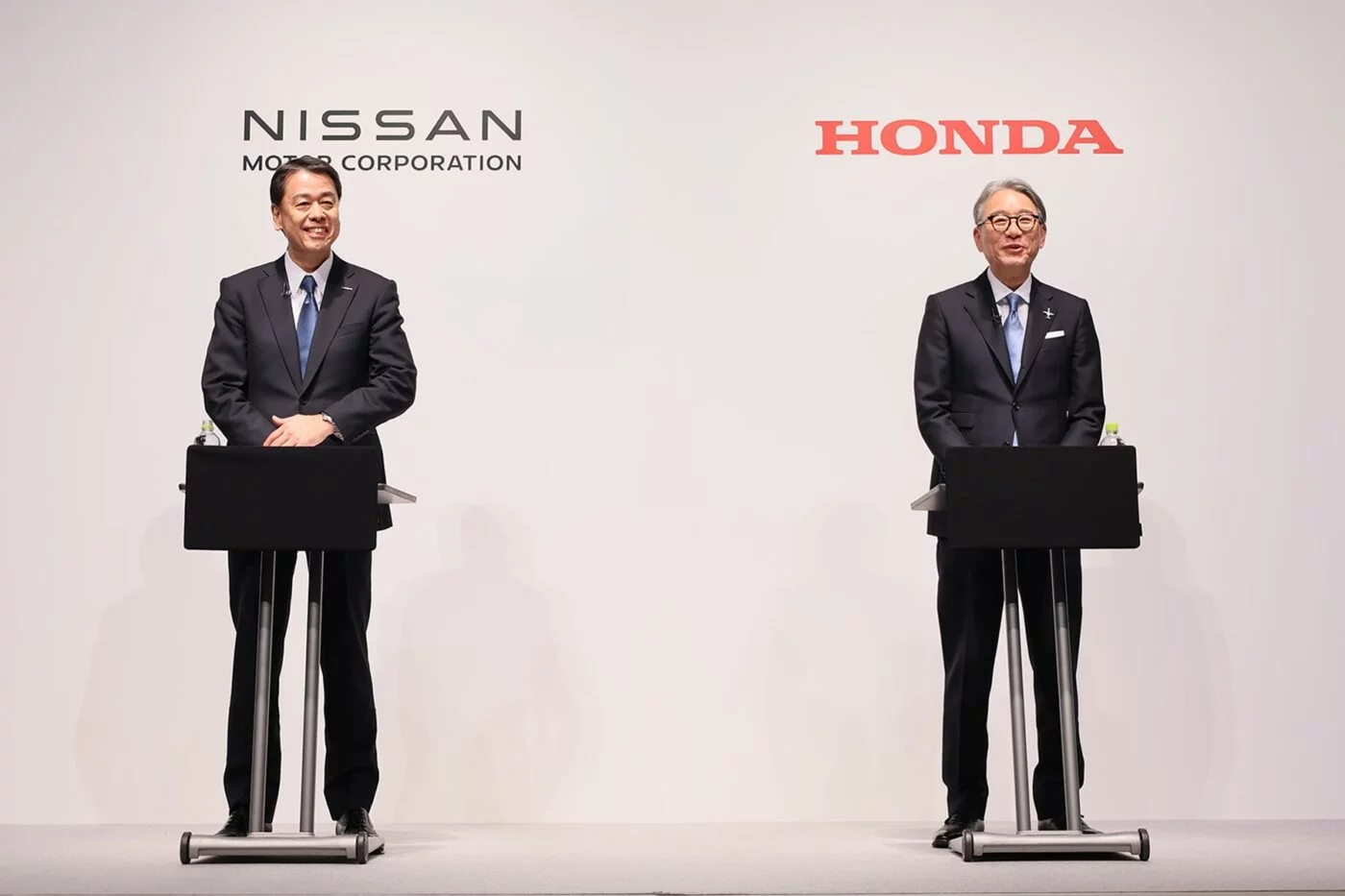Nissan UK has announced that it will disable key functionality in some of its earliest electric vehicles, sparking controversy among owners. Starting April 1st, several convenience features will be turned off, affecting Nissan Leaf and Nissan e-NV200 models produced before 2016. This move has left some owners feeling abandoned, with claims that the company is neglecting its first adopters of electric cars.
The disabled features include the ability to remotely pre-heat or cool the vehicles using the companion phone app, as well as the ability to set charging schedules via smartphone. This latter feature is particularly important for owners to take advantage of off-peak charging rates, optimizing their energy use.
See also: Nissan Stops Production of Current Leaf at Sunderland Plant, Readies for New Models
Nissan explained to the BBC, “The NissanConnect EV app currently linked to Nissan Leaf and e-NV200 vehicles produced up until 2016 will shut down from April 1st, 2024, in preparation for the 2G technology sunset.”
Affected vehicles rely on a 2G network connection for communication with the app. While UK telecommunications companies plan to phase out 2G networks by the end of the decade, Nissan’s decision to end support earlier has raised questions among owners.
See also: Nissan Unveils All-Electric Interstar Van with 460-Kilometer Range
While owners can still use the car’s infotainment system to set climate control and charging timers, the sudden announcement with minimal warning has caught many off guard. Emails notifying owners of the shutdown were sent earlier this month, giving them roughly 30 days’ notice. There is no option from Nissan to upgrade the hardware to maintain the features.
For owners who rely on these features, the move is disappointing. It also raises broader questions about the future of EV and connected vehicle technology. Will cars become like phones, where features become obsolete when OTA updates cease? This situation highlights the challenges of balancing technological advancements with long-term support for early adopters.

